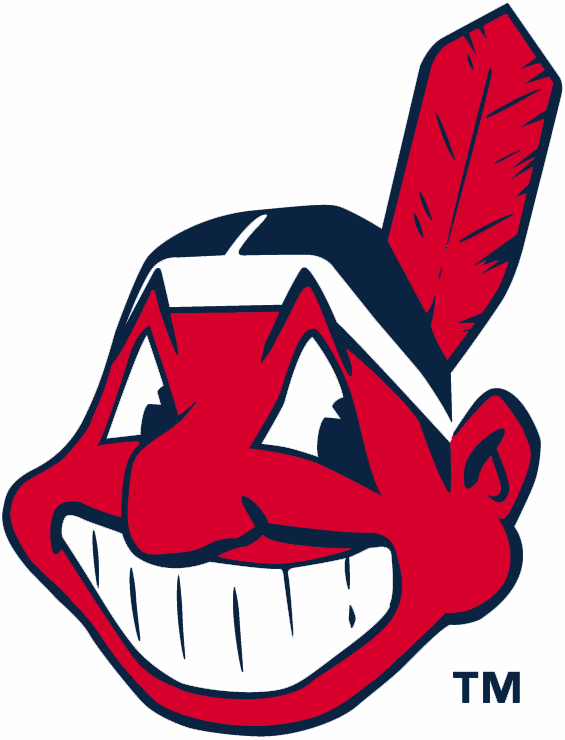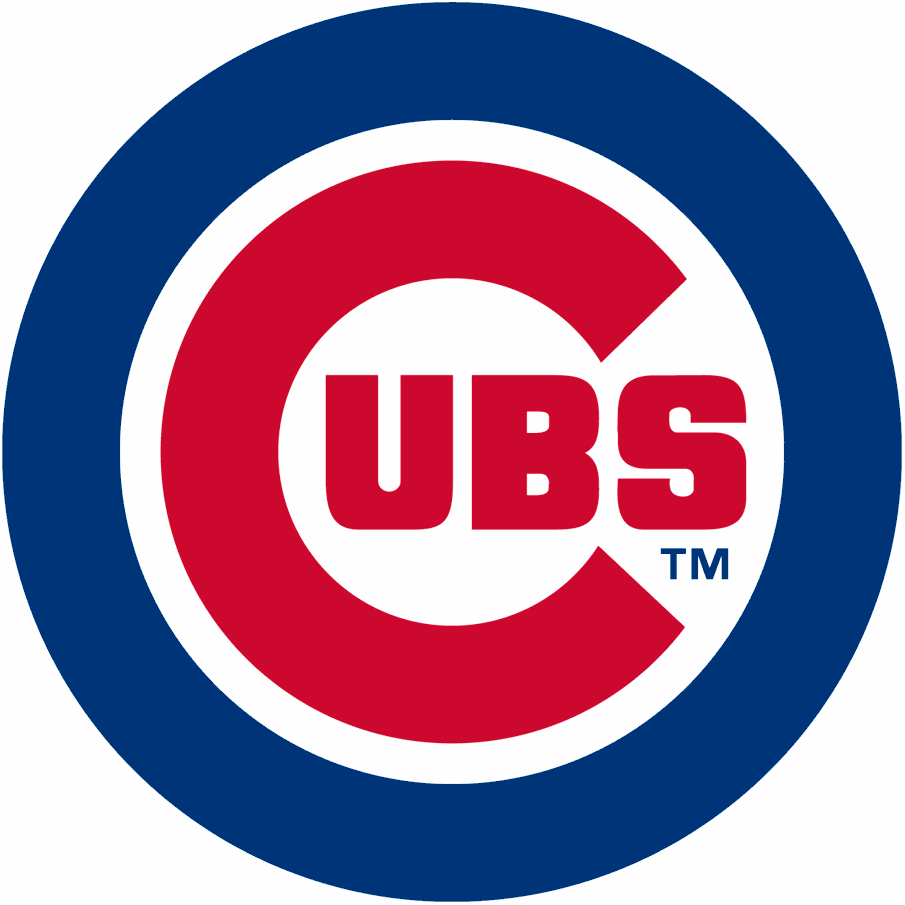Ohio and Illinois will square off for baseball’s top prize
By Diego Flammini
Assistant Editor, North American Content
Farms.com
On Tuesday night, the Cleveland Indians will host the Chicago Cubs in game one of the World Series to determine who the best team in baseball is.
The Cubs haven’t won baseball’s top prize since 1908, a championship drought spanning 108 years; while the Indians are trying to win their first title since 1948, a 68-year span.
And while analysts will use stats like pitching, hitting and defense to determine a winner, Farms.com is using agriculture stats to predict the champion using the two states involved: Illinois and Ohio.
**represents advantage
Source: National Agricultural Statistics Service | Ohio | Illinois |
| Team |  |  |
| Number of farm operations | **74,400 | 73,600 |
| Acres operated | 14,000,000 | **26,900,000 |
| Milk production (lbs) | **5,493,000,000 | 1,892,000,000 |
| Top crop ($) | Soybeans - $2,097,450,000 | **Corn - $7,345,625,000 |
| Average farmer age | **56.8 | 57.8 |
| Aquaculture ($) | $3,875,000 | **$5,425,000 |
| Hogs & pigs (Inventory) | 2,058,503,000 | **4,630,796,000 |
Based on the statistics from the National Agricultural Statistics Service, the Cleveland Indians will win the 2016 World Series.